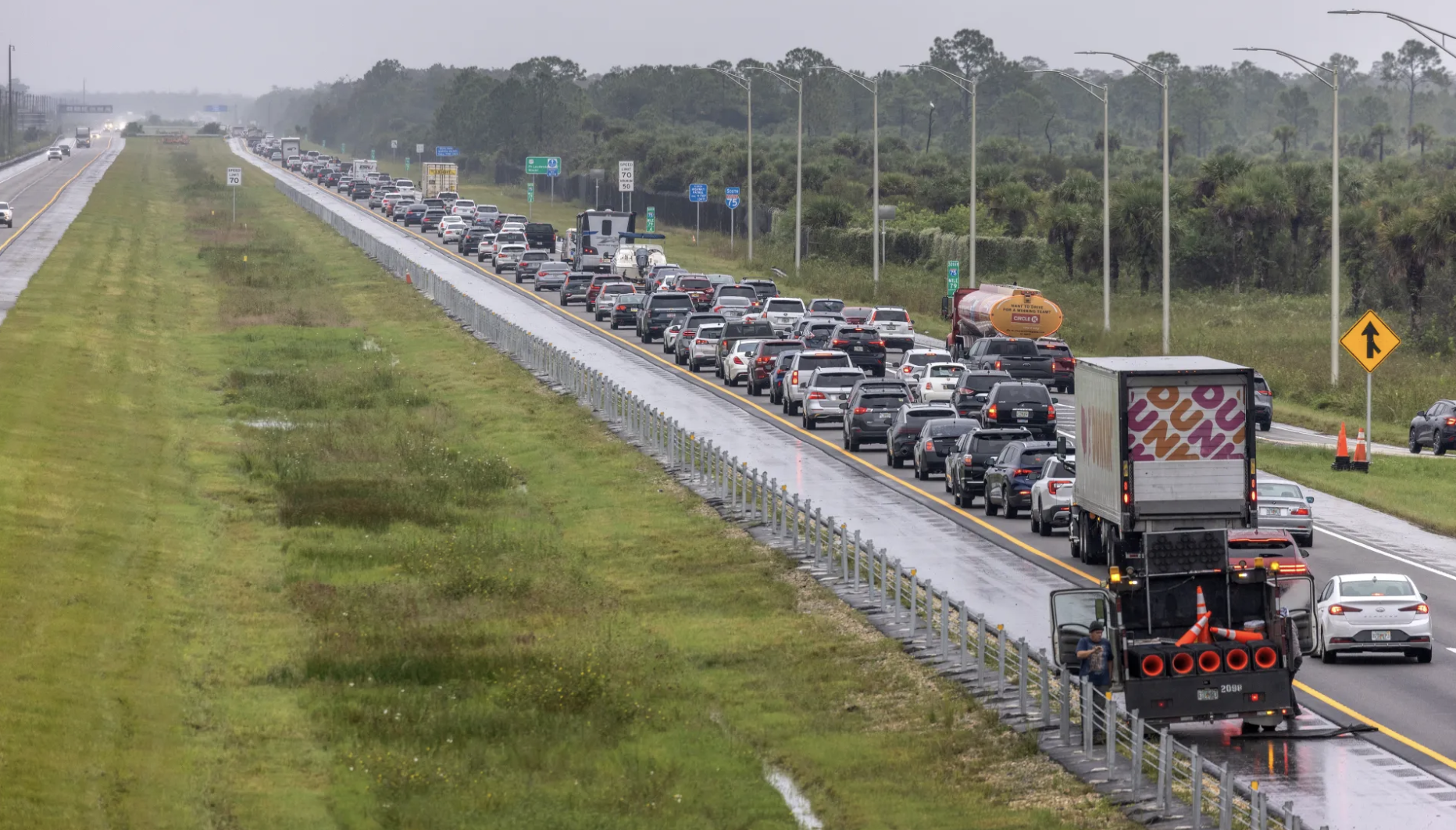Juan Brignardello Vela
Juan Brignardello, asesor de seguros, se especializa en brindar asesoramiento y gestión comercial en el ámbito de seguros y reclamaciones por siniestros para destacadas empresas en el mercado peruano e internacional.




Florida authorities are in a state of emergency due to the imminent arrival of Hurricane Milton, which has been upgraded to Category 5, making it one of the most powerful cyclones expected to hit the peninsula in over a century. President Joe Biden has made a fervent call for evacuation, emphasizing that "it is a matter of life and death." His statements underscore the seriousness of the situation, especially after the state already suffered the devastating passage of Hurricane Helene just ten days ago, which left over 234 dead and considerable destruction in its wake. Biden's warning is supported by the National Hurricane Center (NHC), which has alerted that, although fluctuations in the hurricane's intensity are expected as it moves through the Gulf of Mexico, Milton has been classified as a "major and dangerous hurricane." Forecasts indicate that the hurricane will make landfall on the central-west coast of Florida tonight, leading to the activation of mandatory evacuation measures in several areas. Florida Governor Ron DeSantis has also urged residents to take the warnings seriously, noting that "the entire peninsula of Florida is under some kind of alert or warning." This statement reflects the magnitude of the risk faced, with millions of people potentially affected by the hurricane-force winds and torrential rains anticipated. Preparations for Milton's arrival have led emergency centers to open shelters and distribute essential supplies. Local authorities have been working tirelessly to ensure that communities are adequately informed and ready for evacuation. "The safety of citizens is our top priority," stated a spokesperson for the Florida Emergency Management Office. However, despite evacuation efforts, many residents are reluctant to leave their homes. The recent experience with Hurricane Helene has left some in a state of confusion and distrust, wondering if the threat from Milton will really be as severe as predicted. "I don’t want to leave my house, but I also don’t want to risk my life," commented a Tampa resident who is weighing his options as the hurricane approaches. Meanwhile, the NHC has indicated that Milton could cause devastating flooding, a phenomenon already experienced during Storm Helene. Coastal regions are the most vulnerable to these impacts, and meteorologists warn that storm surges could significantly raise sea levels, resulting in flooding in areas that have historically not been affected. The impact of hurricanes on Florida's economy is also a concern. The tourism industries, which are vital to the state's economy, are experiencing mass cancellations amid uncertainty. Local businesses are preparing for potential damage, and many property owners are ensuring that their properties are protected before Milton's arrival. As the storm approaches, worsening weather conditions are expected, further complicating evacuation and response efforts. Authorities have called for collaboration among the population, emergency services, and communities, emphasizing the importance of following issued guidelines and acting quickly. The coming days will be crucial for Florida, as Milton promises to be a significant weather event, with the potential to leave a lasting impact on the region. The hope is that, with proper preparation and response, loss of life can be minimized and that the state can recover as quickly as possible from this new threat.
